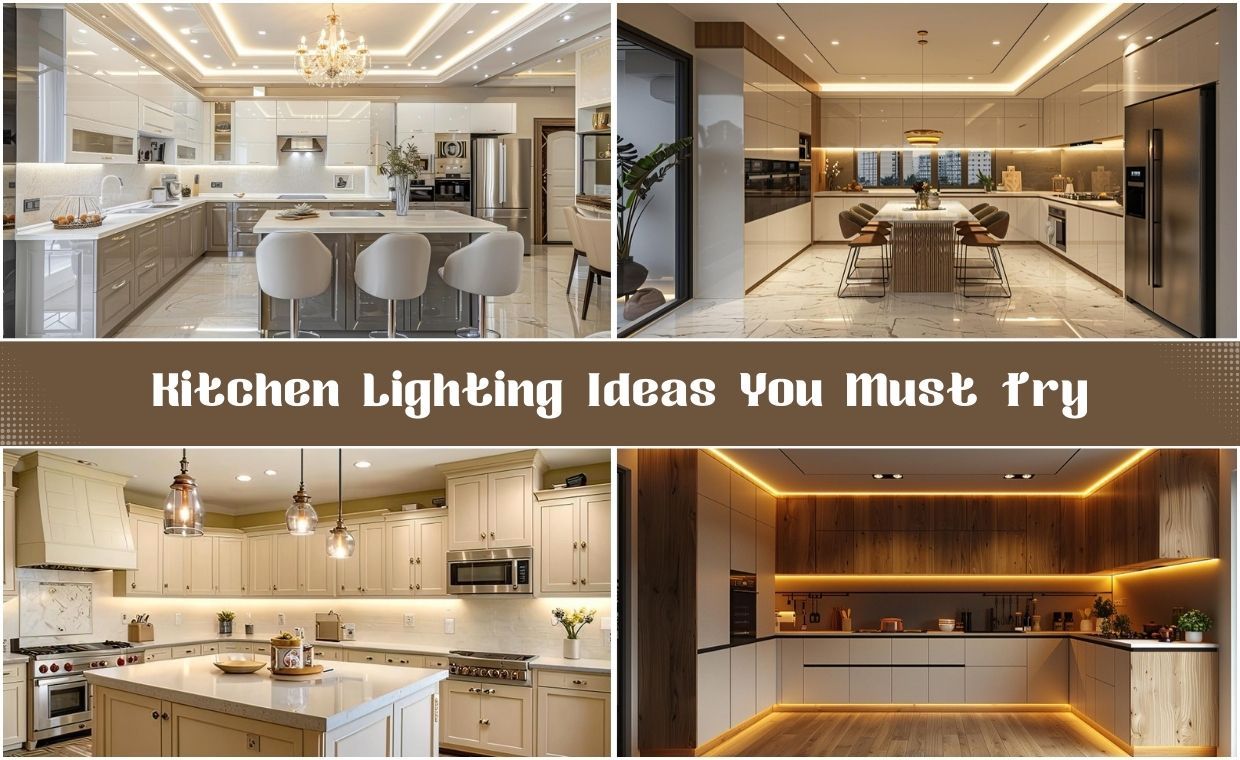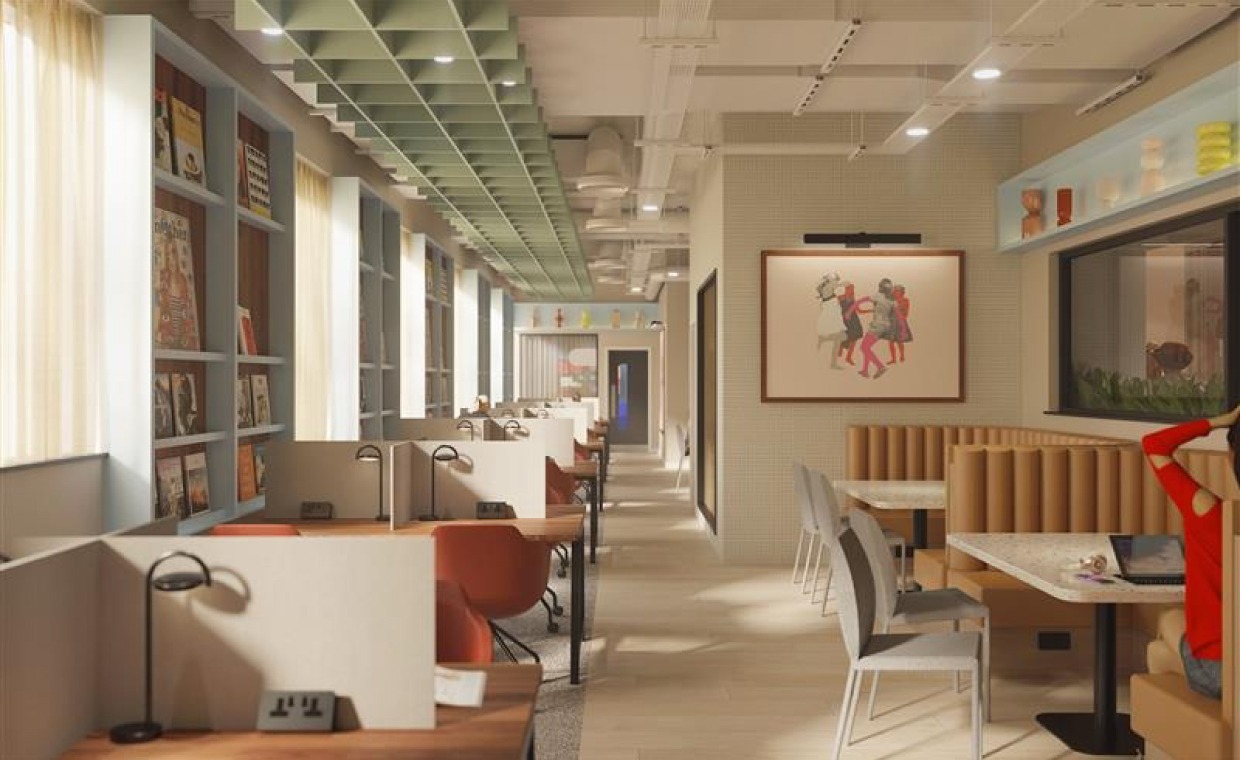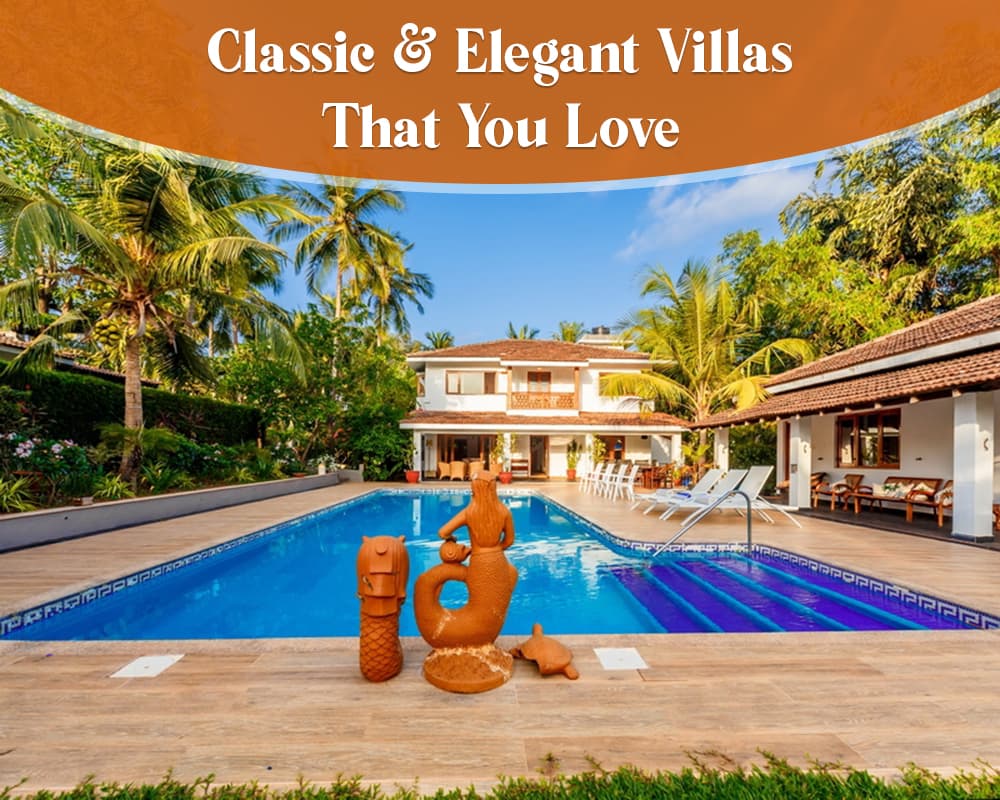
In terms of the architecture of modern houses, Cyprus is very traditional – the style of most of the buildings is typical for the Mediterranean. In construction, the use of natural stone or a reinforced concrete frame is popular, which is combined with external brick walls and internal partitions. A little earlier, the use of steel, timber or block structures was widespread for construction.
Interesting Construction Facts of Modern Villas in Cyprus
01. Construction Time:
Construction deadlines are strictly observed. The day of delivery of the object prescribed in the contract is the day when the buyer can take the keys and enter his new home. Otherwise, the company must pay the buyer a substantial late payment penalty. And if at this time he is in Cyprus, then the developer company will also have to provide him with apartments at its own expense – until the object is commissioned.
02. Noise Insulation and Thermal Insulation of Buildings:
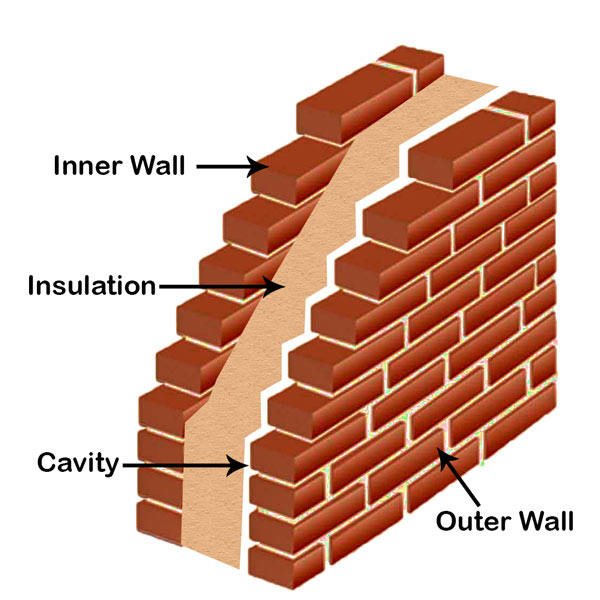
Since the European construction standards came into force in Cyprus, the requirements for sound insulation and thermal insulation of buildings have also become stricter. The walls and roof must now be insulated with at least 5 cm thick densely pressed foam. This increases the thickness of the walls.
According to the new rules, for external walls, it is necessary to use a brick with a thickness of 25 cm and not 20 cm, as it was before. Or, the walls should be lined with two bricks, between which an insulating foam layer will be laid.
03. Wiring:
The electrical wiring runs along the floor in special plastic tubes filled with foam concrete, on top of which a screed is already made, and a decorative floor covering is laid.
According to new regulations adopted in 2007 (based on British building standards), electricians use wires with a cross-section of 2.5 mm. In addition, all-metal interior elements, including widespread aluminum windows and door frames in Cyprus, are mandatory properly grounded. Highly sensitive automatic residual current devices are also often installed, which guarantees a high level of fire safety.
04. Water Supply:
Almost the only area in which the participation of a licensed specialist is not required is water supply. Responsible developers use pipe in pipe type pipes. The best are Japanese-made pipes.
Since, according to the standards, the plumber does not bear individual responsibility for his work, it is here that you should be especially careful when buying.
05. Climate and Layout:
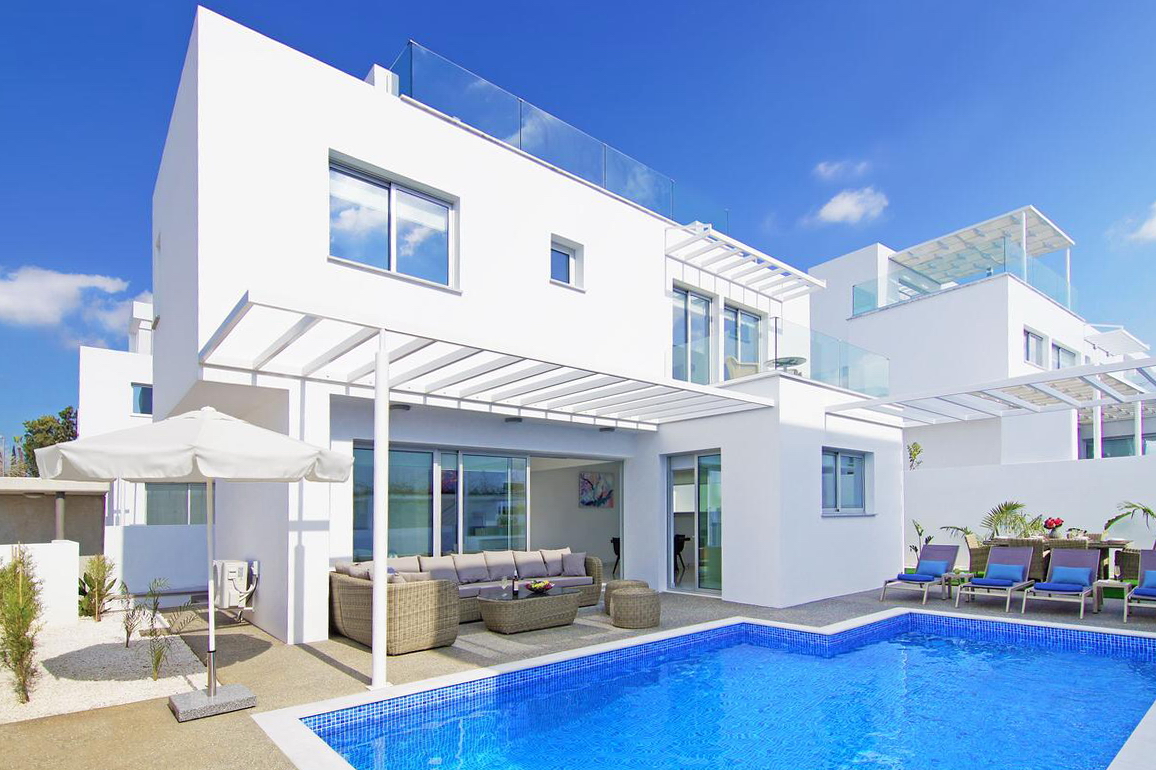
- Usually, the objects offered for sale are not very large in area. In Cyprus, it is customary to indicate the number of bedrooms, and only then the total square.
- The hallway and kitchen are usually not separate. Upon entering, you immediately find yourself in a single space, not blocked by any internal walls, which combines the functions of a hall, kitchen, dining room and living room. Only bedrooms are isolated; often, each of them has a separate bathroom.
- Particular attention is paid to balconies and verandas.
- The climate of Cyprus is so good that residents and visitors of the island want to spend as much time outdoors. Developers take this into account and lay in the project spacious verandas. In many cases, a balcony or terrace is provided for each bedroom.
- Verandas can be open or covered, ranging from 8-10 to 20-30 square meters. m. If the object has an adjoining territory (and, as a rule, it does), wooden gazebos are erected on it. They make it possible to enjoy wonderful weather nine months of the year.
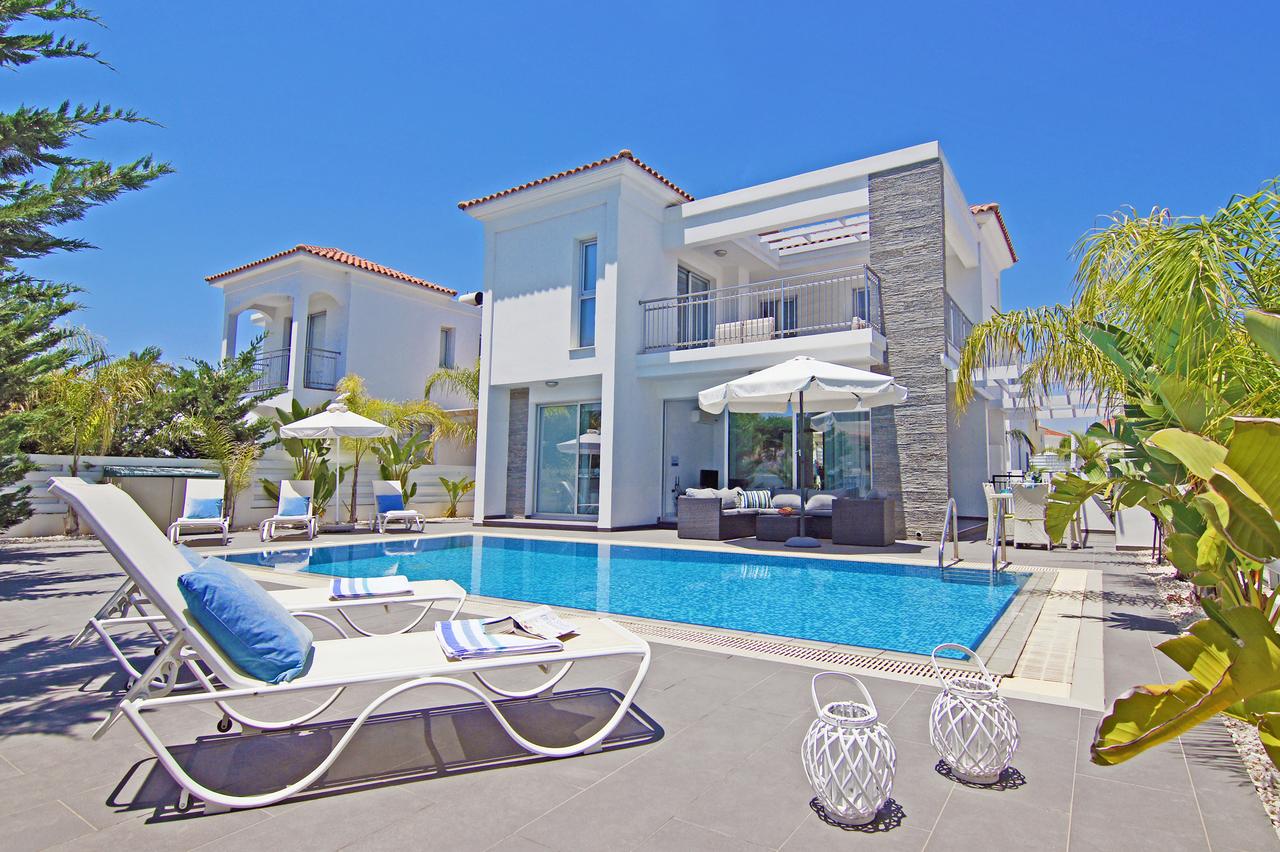
- A swimming pool is often equipped on the territory: either for individual use, or common for residents of a residential complex.
- Other circumstances are also associated with the peculiarities of the climate. Firstly, if possible, the building is located on the site to take into account the mode of sunlight and thereby minimize the use of heating and cooling systems throughout most of the year. For the same reason, building facades are painted in a light color, reflecting bright sunlight and preventing excessive surface heating.
- Solar energy has been increasingly used in recent years. Solar panels are installed on the roofs of buildings, and the electricity generated by them is sent to heat the water. The number of sunny days in Cyprus makes this very effective. The government of the country, for environmental reasons, encourages the use of renewable energy sources as well as resource-saving systems, subsidizes most of these systems.
Not only Cyprus but many countries encourage the use of solar energy as an alternative energy resource. Hence, the basic knowledge of this system is a must for everyone. India is leading in utilizing the solar power & to know more you can click on a link
06. Construction Materials:
Cyprus has a hot and humid climate, so houses in Cyprus are usually built with durable materials such as concrete and stone.
Luxury houses are built of reinforced concrete, taking into account the island’s weak but still existing seismic activity, with natural stone finishing. Such houses will be inherited by more than one generation of the family and will not require large expenditures to maintain the living condition.
In modern villas in Cyprus, frame-metal houses practically did not take root, and wooden houses are out of the question due to high humidity and a shortage of wood on the island.
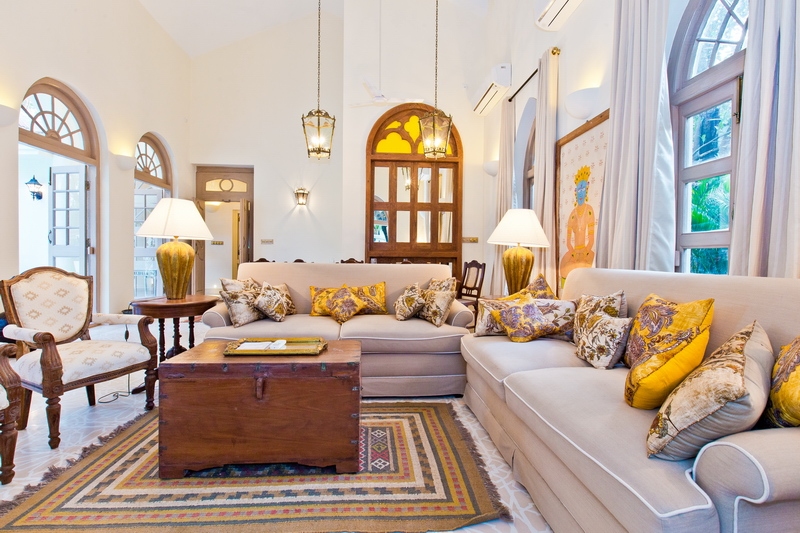
Both local and imported materials are used in construction and decoration – from Greece, Italy, Spain, Africa, the Middle East, China, etc.
In Cyprus, suppliers always want to impress buyers and try to showcase something new with some special properties.
Suppose the contract is concluded at one of the early stages of construction. In that case, the developer usually invites the buyer to participate in the selection of finishing materials for his future home.
- Natural stone is used for exterior decoration.
- The staircases and floors in the halls are often made of marble – this gives the feeling of coolness so much appreciated on hot days.
- The floors in the living quarters are made of ceramics, sometimes parquet or laminate is laid in the bedrooms.
- The walls are mainly plastered and painted. But wallpaper in a rather humid island climate is not so practical.
- Climate features and national traditions leave their mark on residential interiors. A minimum number of carpets and rugs are used.
07. Important legal Formalities:
Until the moment of obtaining the Title (that is, the document about ownership) to the real estate, the owner has no right to change and rebuild his house radically. Because immediately before receiving the Title, the inspector will come again, and if something is changed in an unacceptable framework, they may delay the issuance of the Title until everything is in place again. So, if you want to remodel your home, you need to turn to the services of competent people in this matter so as not to incur rash expenses. “
08. Land Plot:
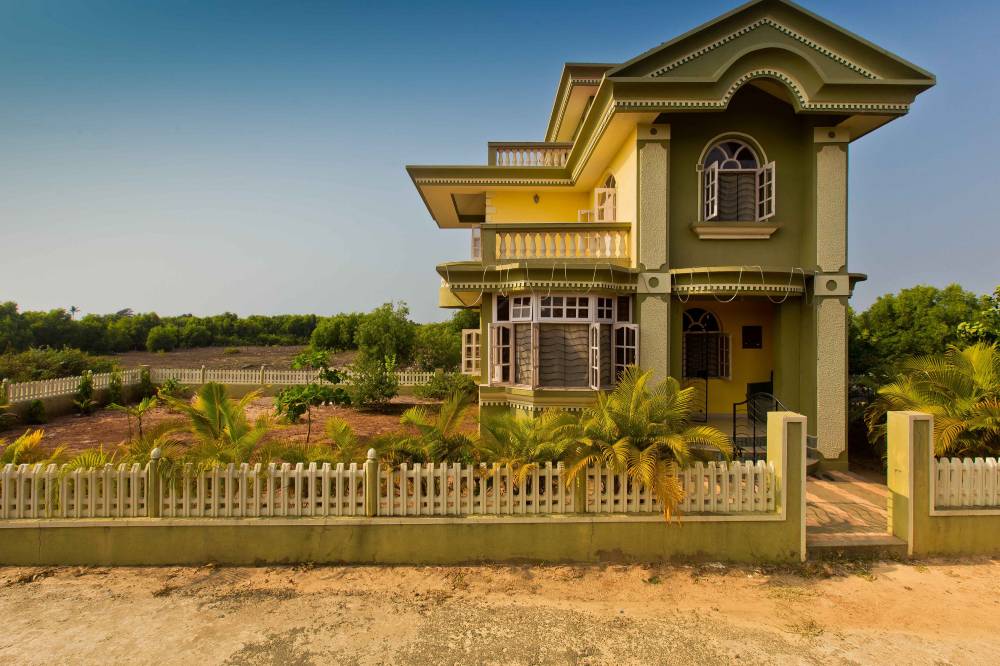
As well as the area of the buildings themselves, the area of the adjacent land plots in Cyprus is also relatively small. On average, this is from 1.5 to 5 ares. Like most Europeans, Cypriots do not build fences. Most often, they are simply replaced by a more beautiful hedge that harmoniously fits into the landscape.
For the decoration of the plots, local plants are used, which are well adapted to hot climates. It is customary to start a small garden with citrus trees, break grass lawns, and plant roses in Cyprus. In the luxurious villas, the patios are equipped with modern outdoor cooking technology. Almost always, there is a barbecue area, a table with a canopy and cozy rattan loungers by the pool, which in recent years have been fashionable to fill with seawater.
09. Maintenance and operation:
Today, as elsewhere in the world, sustainable materials, environmentally friendly technologies and smart solutions are trending in Cyprus.
To begin with, it is very important to correctly position the house in Cyprus in an area that has enough natural light and warmth.
Solar panels and water treatment plants are used to construct new villas and significantly help save energy. So far, this type of energy is not used as actively on the island as it could, but at the same time, it takes its place firmly.We hope you like to know these interesting construction facts of the modern villas in Cyprus, how the contractors care for buyers’ needs while constructing their dream houses, and what amazing luxury houses are available there.
Want to find the finest collection of luxury villas for rent from around the world in Bali, Barbados, Thailand, Dubai, Goa, and Malta. Visit https://www.villaempire.com/
























